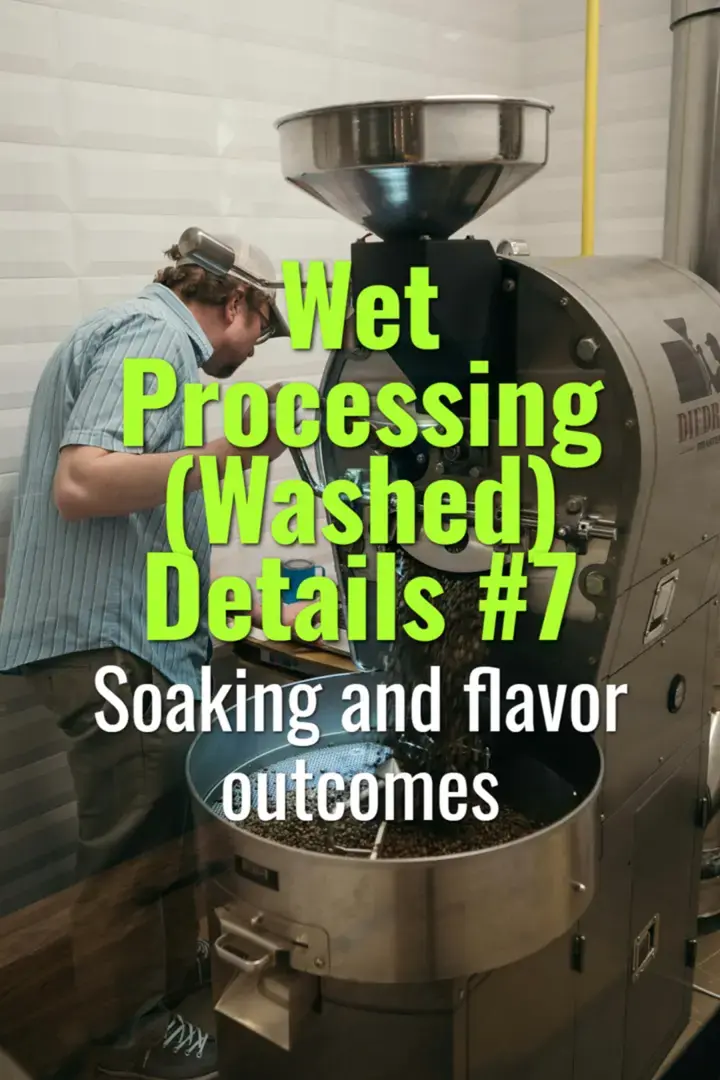
Soaking and flavor outcomes
This topic explains the practice of soaking coffee after fermentation, why some origins use it, and how it affects flavor, cleanliness, and consistency in washed coffee profiles.

This topic explains the practice of soaking coffee after fermentation, why some origins use it, and how it affects flavor, cleanliness, and consistency in washed coffee profiles.
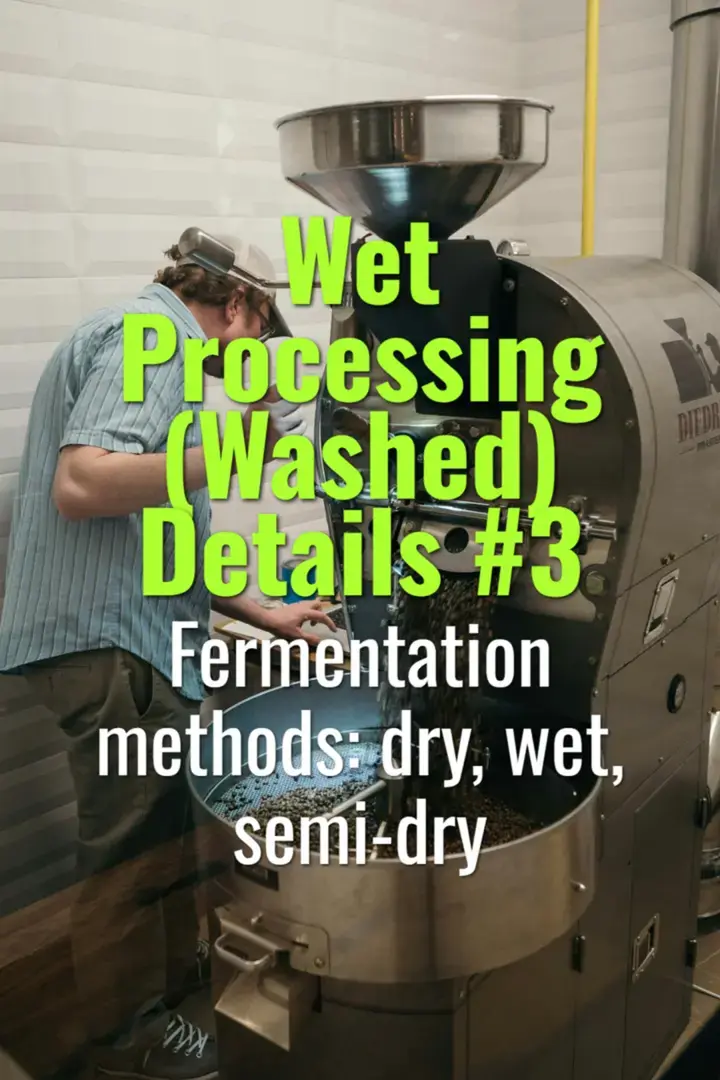
This topic explains the three main fermentation methods used in washed coffee—dry, wet, and semi-dry—how they differ, their effects on processing efficiency, and their influence on flavor outcomes.
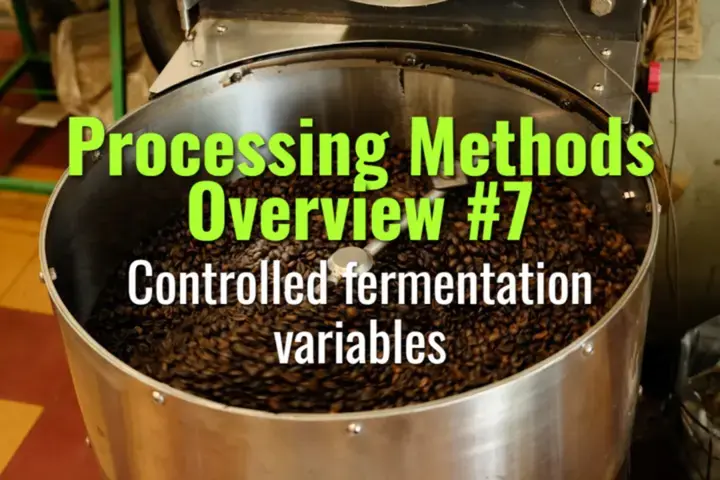
This topic explains the key variables that influence coffee fermentation, how they are controlled, and their impact on flavor development and consistency in processing.
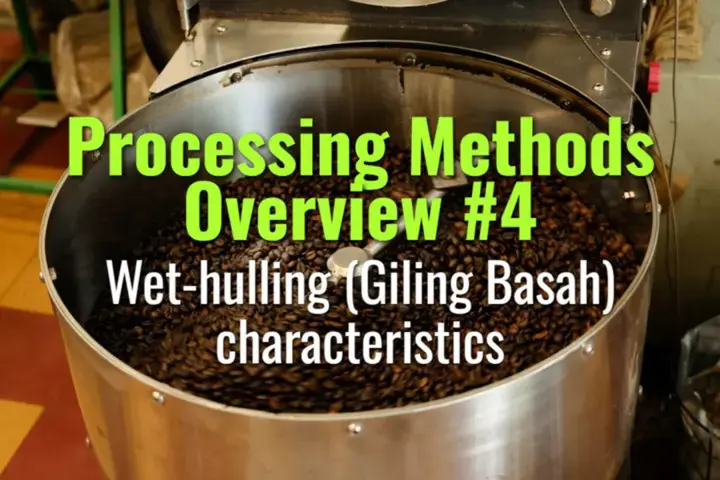
This topic introduces the wet-hulling (Giling Basah) method, a unique coffee processing style from Indonesia, explaining its steps, flavor characteristics, and market significance.
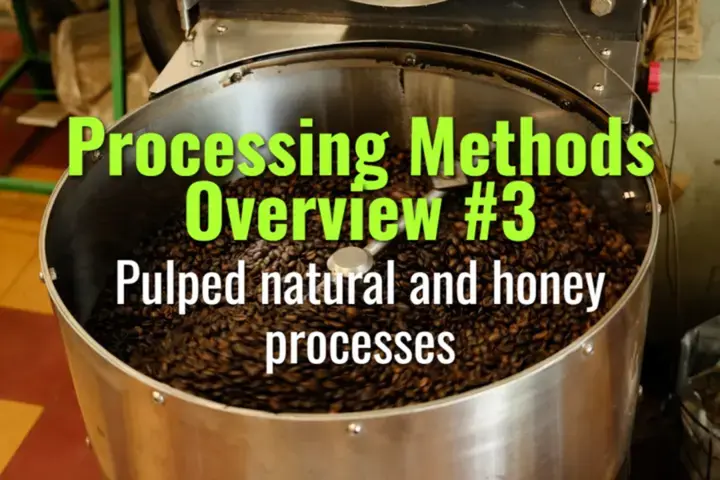
This topic explains the pulped natural and honey processing methods—hybrids of washed and natural approaches—highlighting their steps, flavor outcomes, and significance in specialty coffee.
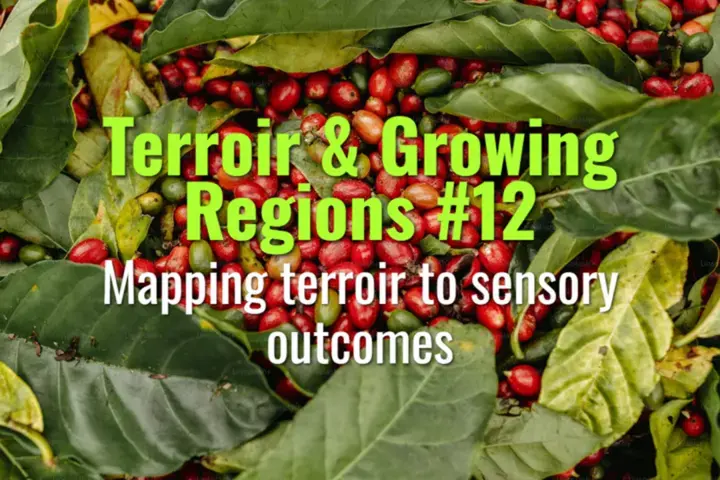
This topic explains how terroir factors such as soil, altitude, climate, and farming practices translate into sensory outcomes in the cup, and how these links are mapped and understood by producers, roasters, and consumers.